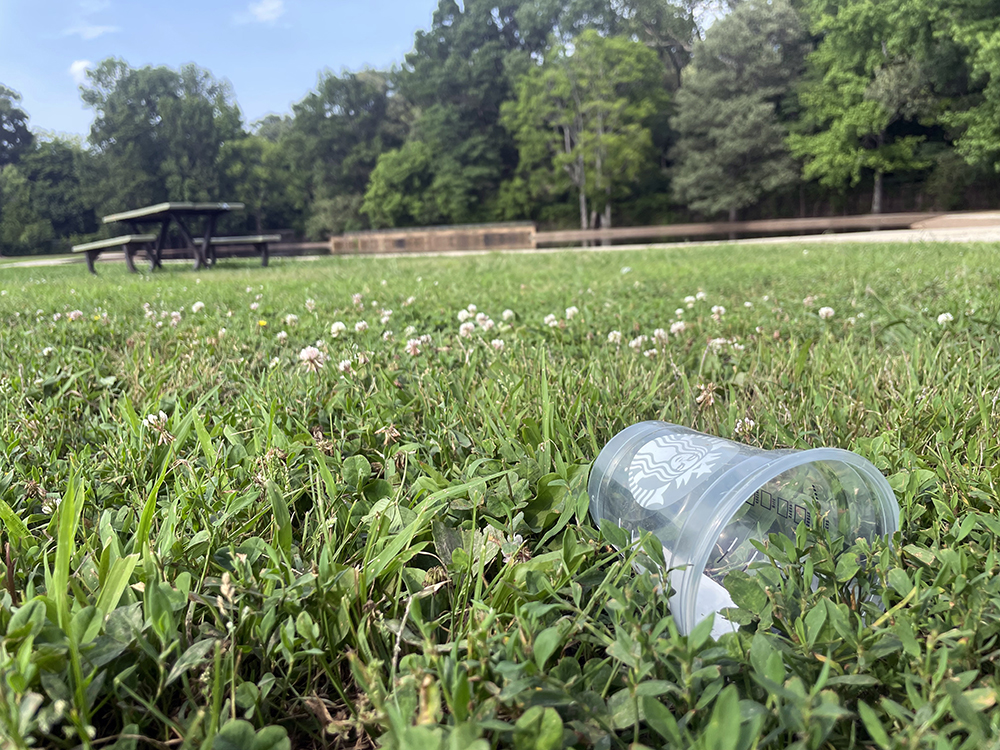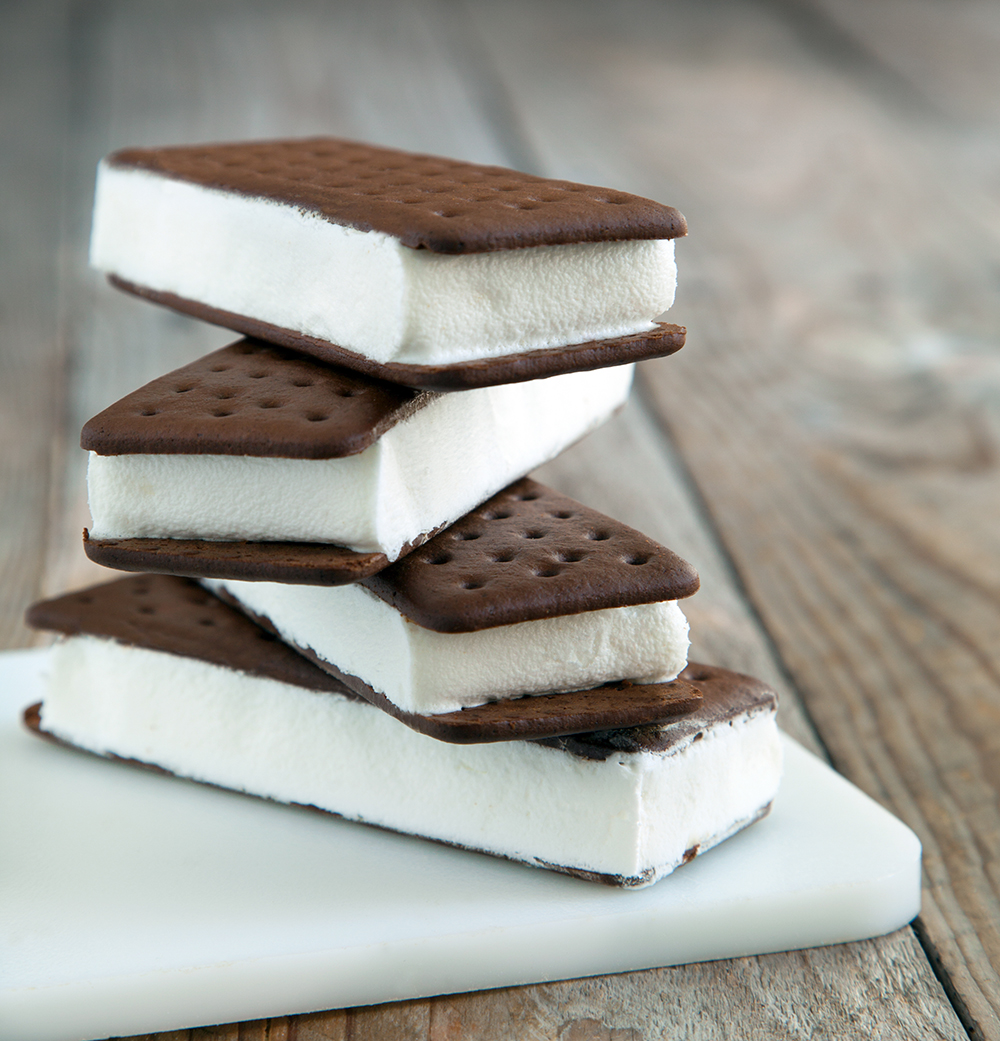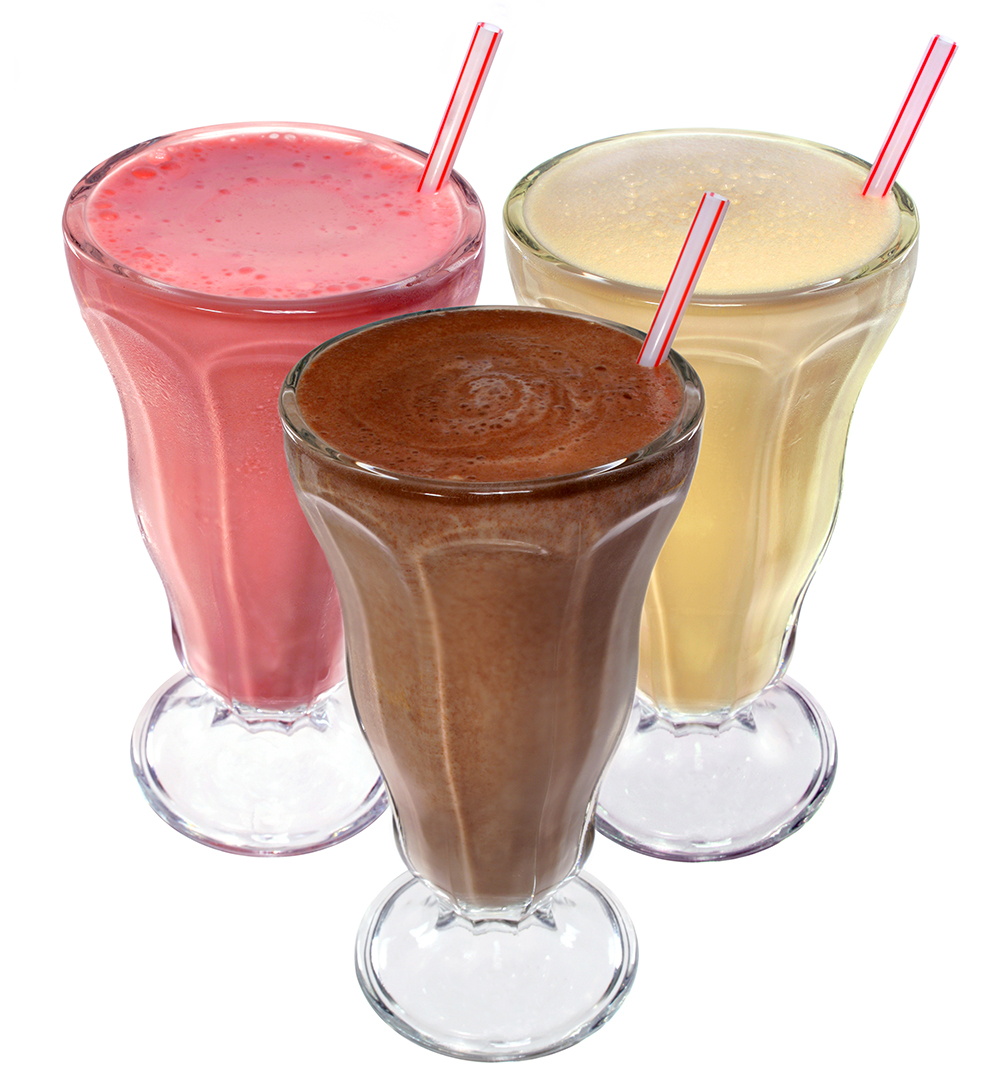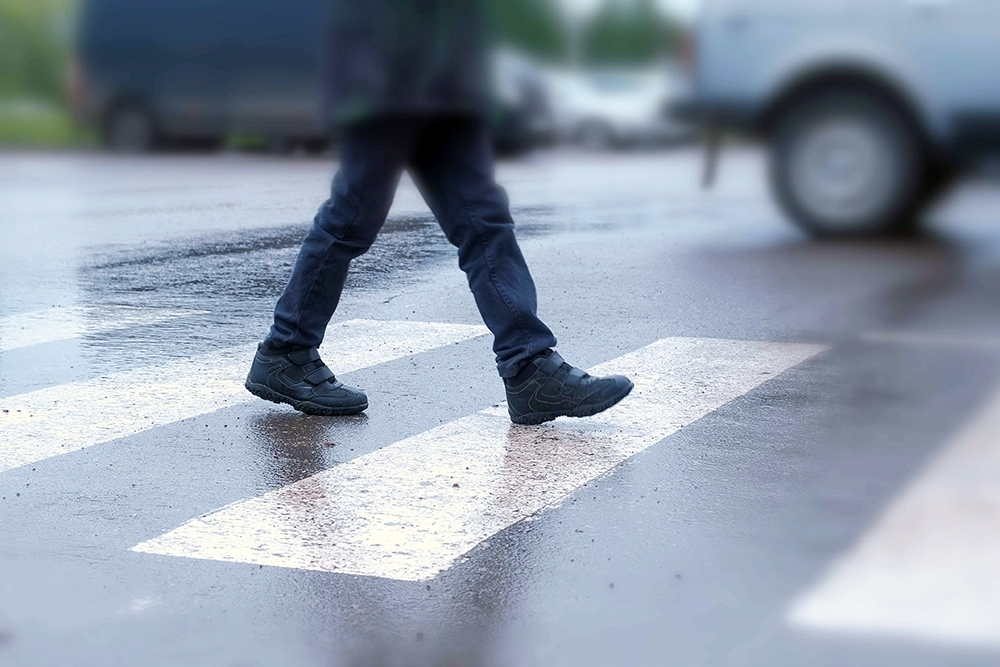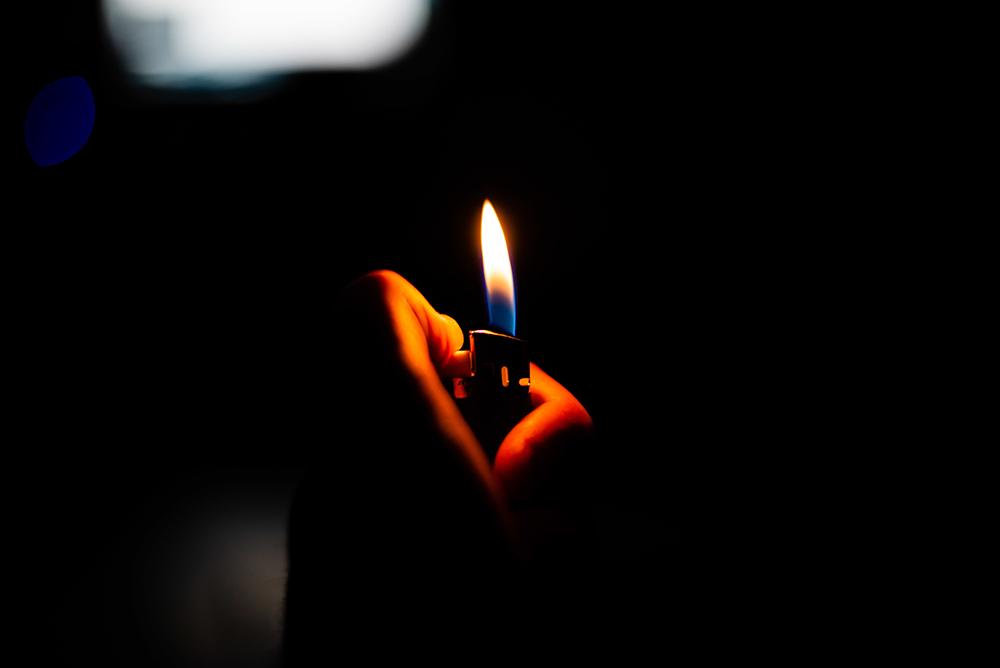In the shade of these two trees, I do decree that the Overton Park Greensward is the place to be on a lovely spring day. Beside me, as I write this, three old men putter their golf balls and sputter tales of feats of strength from their better days. We are near the Abe Goodman Golf Clubhouse, one of the theoretical ends of the vast green space I just traversed. The other end of the Greensward is where the zoo stands in grand display, streams of patrons coming and going. Westerly Rust Hall, which has yet to rust during its recent dormancy, bridges the span between these two landmarks, and the Old Forest silently hovers to the east, watchful and wise. (I’m excited to see the Metal Museum move in and bring more folks to such a gorgeous section of our city.)
But here, on this fine afternoon, I witness a myriad of neighbors enjoying the weather. Most of them are picnicking or basking in the sunshine. One lady lies in repose, almost reenacting Christina’s World by Wyeth, watching folks come and go. In the center of the field is a spread of white and yellow flowers, none I know by name, maybe buttercups or daisies. Bees buzz by here and there, sniffing (can insects smell?) and pollinating (that I’m certain of). Winter’s weight is being shrugged off, slowly, if not surely.
Families stroll around Rainbow Lake, and some of them admire the turtles, also sunbathing themselves. The kids gawk and squawk at them, in awe. Earlier, I made friends with a raven outside the Memphis Zoo. He’d caw, I’d caw back. It was something I used to do as a kid, and it’s something I feel like doing now, as a full grown man. Who cares who’s watching or judging? It’s a fun and good time here at the Greensward! I’ll be as silly as I like.
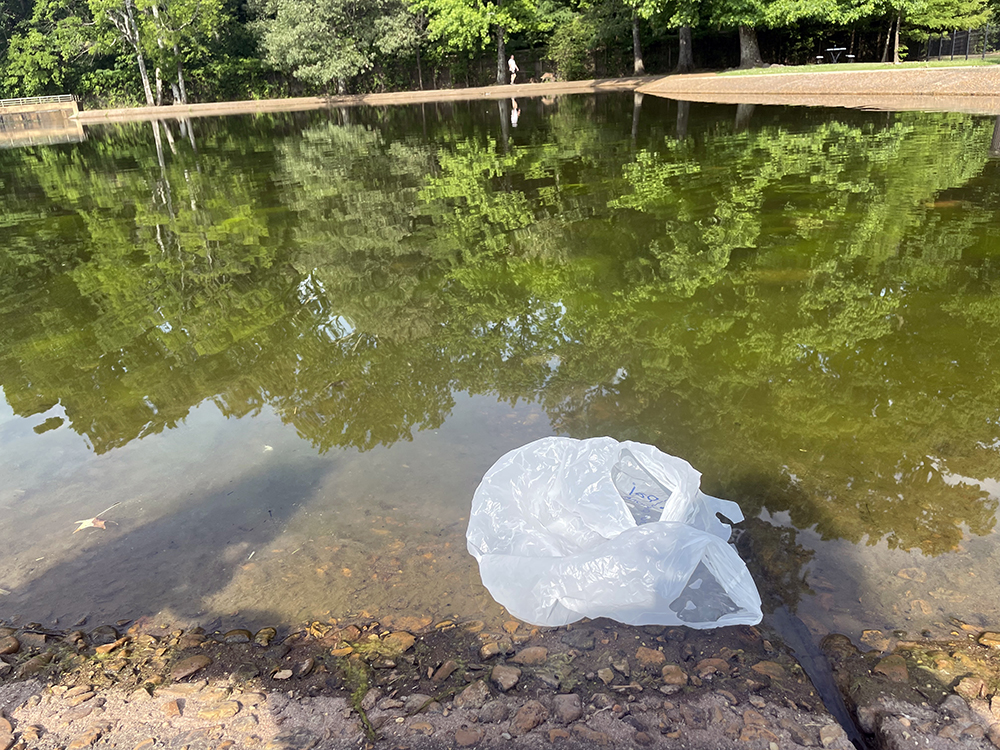
But, as I move from the zoo’s parking lot, I see scars left by the cars when they used it for overflow parking. Bottles and cans litter the verdant landscape, and on one end of Rainbow Lake (near the quiet family of turtles), Taco Bell and Chick-fil-A wrappers float around. I fish a plastic bag from the small runoff between the lake and the zoo.
One man helping keep our green spaces clean is Sam Blair of HBC Trailworks. The group meets on the weekends to repair and renovate Overton Park. Midwinter, around the end of February, the HBC and Overton Park Conservancy teamed up with a local Boy Scout troop (plus family and friends, other volunteers) to replace the limestone in the Loop. They claim to have spread about 50,000 pounds of the rock in one single afternoon!
But it can’t just be one group of volunteers maintaining our Greensward and various other green spaces. We as dutiful citizens ought to keep a vigilant eye and greasy elbow, ready to spear any loose debris we see. I’ve contemplated walking around with a trash bag on my days off, and I do my best to pick up trash as I walk. In fact, on a recent rainy day, I run into someone doing just that.
The dutiful citizen, Kendra, stands at the trestle that welcomes folks to her neighborhood and all its shops, plucking up garbage with a claw. “I bought it for cheap at Home Depot,” she remarks, “bucket too.” She has a podcast playing and her bucket is already halfway full with discarded bottles, paper bags, a panoply of unrecognizable debris. “It began,” she tells me, “as a community project for the Cooper-Young [Community] Association. Just neighbors being neighborly.”
But when her job with the Grizzlies required her to perform service hours, she figured this would be a great way to fulfill those. “I may continue to do this even after I complete the hours required,” Kendra says. “That is, if the summer doesn’t get too hot. We’ll see how long this lasts when the degrees reach the 90s daily.”
Perhaps that’s what prevents most folks from going out with their own claws and buckets. It is hard to want to do anything in the oppressive heat, when even existing is sweat-inducing. But, if we can all promise to at least wait until we see a trash can to throw our fries away or pick up some of the trash we see, perhaps we can maintain this beauty a little bit more. Or at the very least, we can keep a Rainbow Lake turtle from choking on a Tops Bar-B-Q wrapper.
William Smythe is a local writer and poet. He writes for Focus Mid-South, an LGBT+ magazine.
